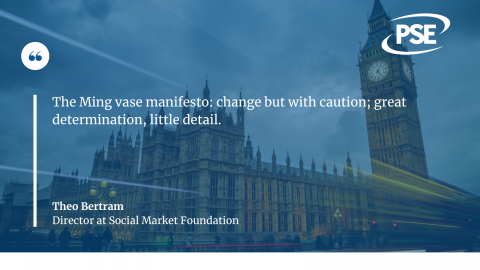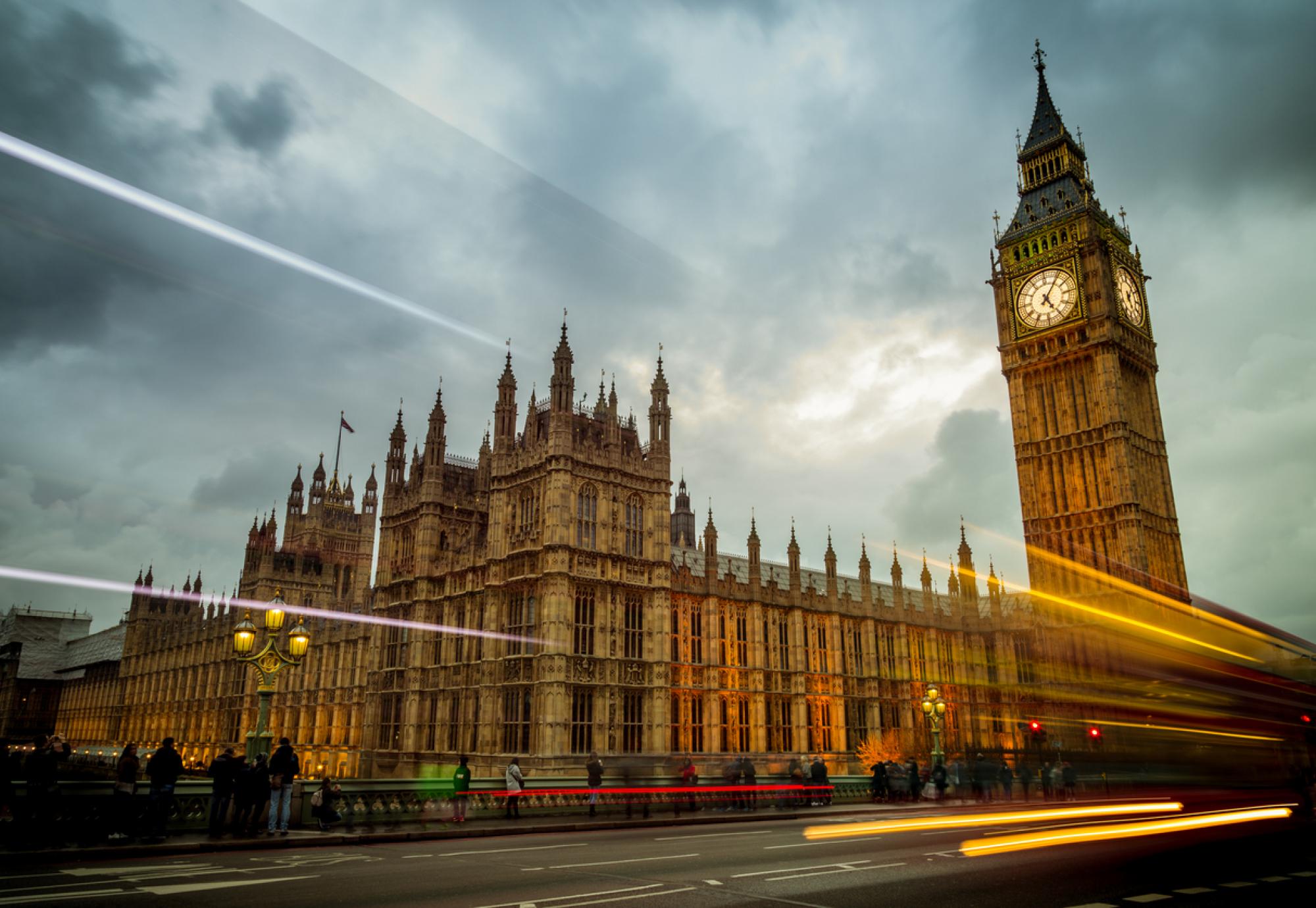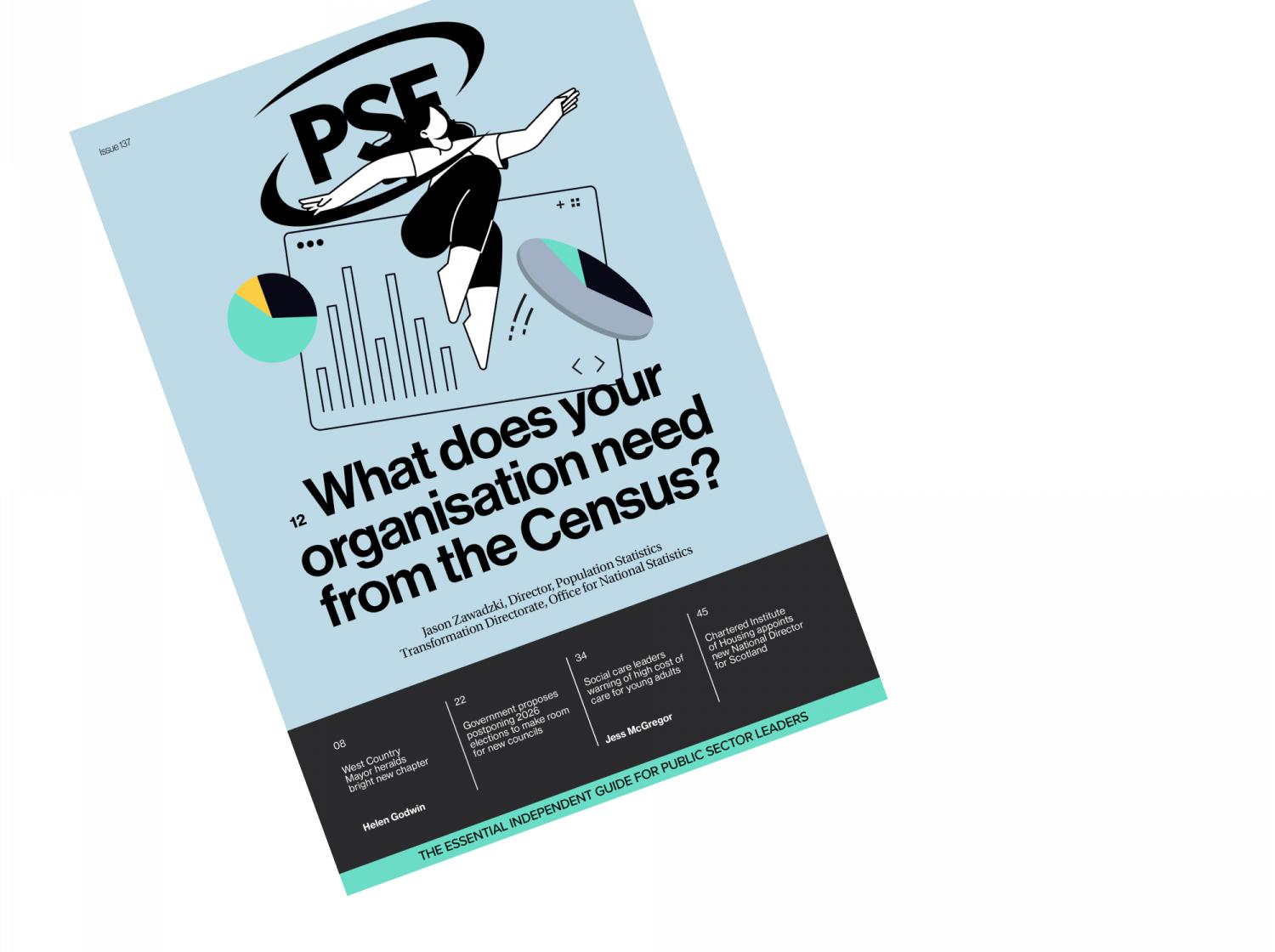The launch of one of the most highly anticipated major political party manifestos came in Manchester today, as Sir Keir Starmer set out the Labour Party’s bid to form the next government.
The launch comes hot on the heels of the Liberal Democrats, the Conservatives and the Green Party, with Nigel Farage’s Reform UK expected to reveal their own policies in the coming days.
The manifesto is simply titled Change, reflecting much of the Labour leader’s rhetoric during the general election campaign.
Labour’s first steps for said change are summarily outlined as:
- Deliver economic stability — tough spending rules and keeping taxes, inflation and mortgages as low as possible
- Cut NHS waiting times — deliver 40,000 more appointments a week, using evening and weekend timeslots and paid for by clamping down on tax avoidance and the non-dom status
- Launch a new Border Security Command — eradicate criminal boat gangs via counter-terror powers, along with hundreds of new specialist investigators, paid for by ending the Migration and Economic Development Partnership with Rwanda
- Set up Great British Energy — the public’s own £8.3bn-backed clean power company that will reduce bills and build energy security, paid for by a windfall tax on oil and gas firms
- Crack down on antisocial behaviour — more neighbourhood police through the abolition of wasteful contracts, tough penalties for offenders, and a new network of youth hubs
- Recruit 6,500 new teachers — set up the next generation’s future by bolstering the workforce in key school subjects, paid for by ending tax breaks for private schools
Labour has committed to “one major fiscal event a year” to give families and businesses due warning over tax and spending policies. Corporation tax will be capped at 25% for the entire parliament and national insurance, income and value-added tax rates will not be increased, according to Starmer.
A minimum wage that is equivalent to a living wage, as well as removing “discriminatory aged bands” so all adults can benefit has also been promised.
Labour’s plan to make Britain a “clean energy superpower” is built on a Green Prosperity Plan where investment will be made into the businesses of the future, which will be underpinned by partnerships made through another one of Labour’s commitments — a National Wealth Fund. This will ultimately create 650,000 jobs across the country by the end the decade.
The government former chief scientific adviser, Sir Patrick Vallance, says a national mission for clean power by 2030 is achievable and should be prioritised.
“Britain can lead on this by treating this mission like the vaccine challenge,” said Vallance. “We can be the innovators and the implementers, helping ourselves and exporting our solutions worldwide.”
Labour’s plan to crack down on antisocial behaviour through a new Neighbourhood Policing Guarantee — in other words, police will be visible and restored to town centres across the country. This will be supported by thousands of new recruits which will be funded through a new Police Efficiency and Collaboration programme for England and Wales.
Plans to halve knife crime in a decade centre around a Youth Offending Team that will give carriers a prevention plan that will lead to escalation if offending continues.

Drawing on expertise from the third sector, trade unions, industry as well as local and devolved government, Labour’s says it will develop an ambitious child poverty strategy, first confronting the issue by introducing free breakfast clubs in every primary school, protecting renters from arbitrary eviction, slashing fuel poverty and banning 0-hour contracts.
As well as hiring 6,500 more expert teachers, 3,000 extra nurseries will open under a Labour premiership.
Higher education will be reformed through the introduction of Skills England — an entity to bring business, training providers, unions, and government together to nurture Britain’s highly skilled workforce.
Labour’s healthcare reforms start with a pledge that patients will not have to wait any longer than 18 weeks from referral to consultant-led treatment of non-urgent conditions, with a parallel promise of an extra 40,000 appointments a week; or two million a year. It will also deliver the NHS Long Term Workforce Plan along with regular, independent workforce planning reports across both health and social care.
Doubling CT and MRI scanners through a Fit For the Future Fund, delivering the New Hospitals Programme, and a Dentistry Rescue Plan are also promised. The National Care Service will be brought forward as will the recruitment of 8,500 more mental health staff.
Moving closer to Westminster, Labour also plans to establish a new Ethics and Integrity Commission to ensure minister are held to the highest standards — this will be in addition to modernising the House of Commons through a new Modernisation Committee. Labour also vows to “reset” the UK Government’s relationship with the devolved powers.
Labour outlines closing non-dom tax loopholes and other tax avoidance methods; applying VAT and business rates to private schools; and closing the way ‘carried interest’ payouts are taxed as the main revenue-generators.
In an initial response to the manifesto, Institute for Fiscal Studies director, Paul Johnson, said: “This is a manifesto that promises a dizzying number of reviews and strategies to tackle some of the challenges facing the country. That is better than a shopping list of half-baked policy announcements.
“But delivering genuine change will almost certainly also require putting actual resources on the table. And Labour’s manifesto offers no indication that there is a plan for where the money would come from to finance this.”
Director at the Social Market Foundation, Theo Bertram, commented: “The Ming vase manifesto: change but with caution; great determination, little detail. There are no fireworks, no surprises, no great adventure but plenty of policies that Labour has already announced.
“It’s not fair to say it is without ambition or new ideas but it is light on detail. If the polls are right, Labour will enter Downing St on July 5 with a huge majority in favour of a clear mandate for change that is significantly undefined.”
On the health and social care side, CEO at the Nuffield Trust, Thea Stein, added: “The Labour manifesto sets out commendable ambitions to drive down waiting times, improve GP access and reform social care.
“These are important aspirations but they are let down by a stunning lack of detail on exactly how the party intends to deliver these pledges and tackle some of the most profound problems facing our health and care services in 75 years.”
Image credit: iStock



















